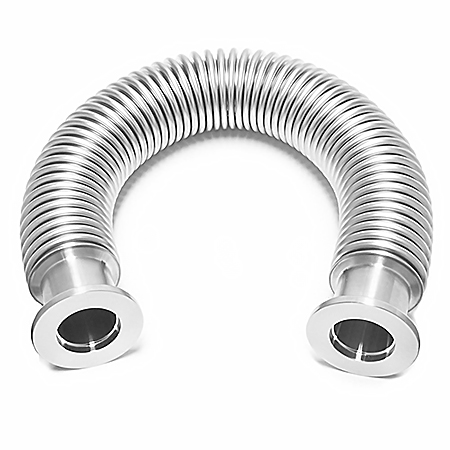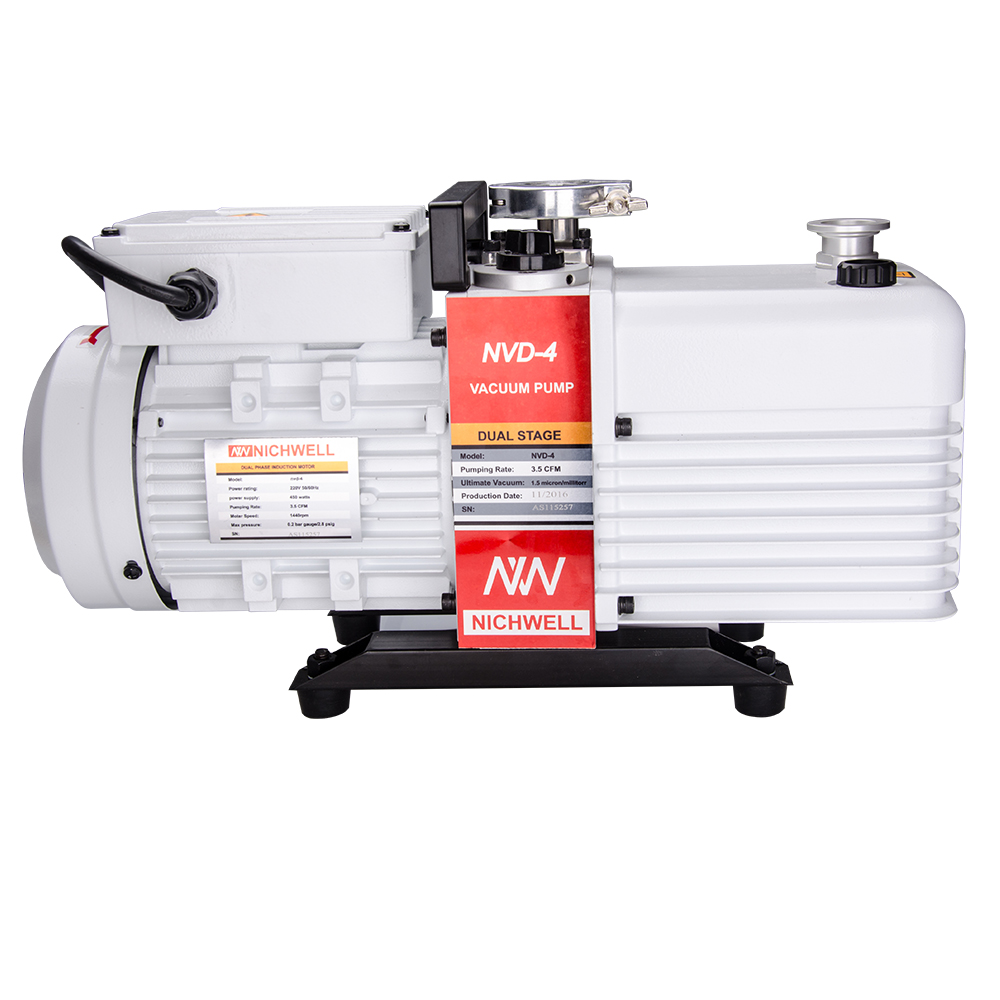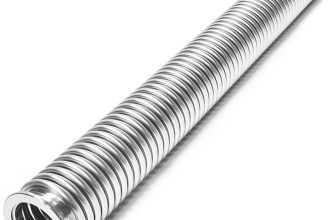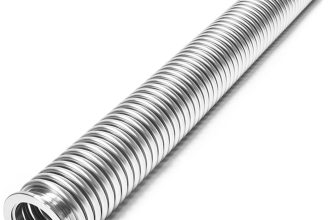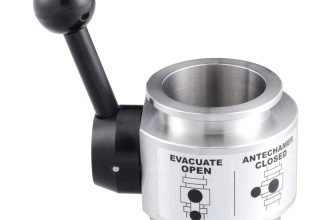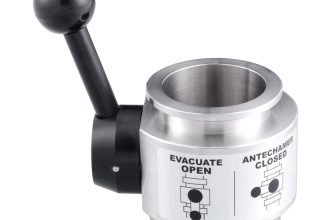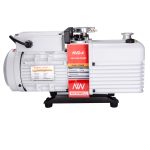
What Happened When The Vacuum Pump Became Boring During Use?
The vacuum pump becomes boring. Check the following three problems:
If there is no problem in the pipeline, it is generally caused by the excessive wear of the blade in the pump body
If it is a rotary vane vacuum pump, check for oil.
If it is a water circulation vacuum pump, check if the vacuum pump has been dehydrated.
The following provides some common sense of vacuum pump maintenance:
The quality of the vacuum pump depends on its mechanical structure and oil quality. It must be protected when the vacuum pump is used. If distilling a more volatile organic solvent, the organic solvent will be absorbed by the oil, which will increase the vapor pressure, thereby reducing the evacuation efficiency. If it is acid gas, it will corrode the oil pump, if it is water vapor, it will make the oil into milk The vacuum pump was damaged due to turbid liquid.
Therefore, the following points must be noted when using a vacuum pump:
An absorption device must be installed between the distillation system and the vacuum pump.
Before distillation, the vapor of the organic solvent in the system must be thoroughly exhausted with a water pump.
If you can use the water pump to pump air, try to use the water pump as much as possible. If the distilled material contains volatile substances, you can first use the water pump to reduce the pressure and then use the oil pump.
The pressure-reducing system must be kept airtight, all rubber plugs should be of appropriate size and holes, and rubber tubes should use vacuum rubber tubes. The ground glass is coated with vacuum grease.
Vacuum pumps can be divided into three categories according to the scope of use and pumping efficiency:
(1) For general water pumps, the pressure can reach 1.333 ~ 100kPa (10 ~ 760mmHg) as a “rough” vacuum.
(2) Oil pump, the pressure can reach 0.133 ~ 133.3Pa (0.001 ~ 1mmHg) as the “second highest” vacuum.
(3) Diffusion pump, pressure can reach below 0.133Pa, (10-3mmHg) is “high” vacuum.
If you want a lower pressure, you need to use an oil pump. A good oil pump can pump below 133.3Pa (1mmHg).
There are two types of pressure-reducing pumps commonly used in organic chemistry laboratories: water pumps and vacuum pumps. If low pressure is not required, water pumps can be used. If the water pump is constructed well and the water pressure is high, the pumping efficiency can reach 1067 ~ 3333Pa (8 ~ 25mmHg). The lowest pressure that the water pump can pump is theoretically equivalent to the water vapor pressure at that time. For example, when the water temperature is 25 ° C, 20 ° C, and 10 ° C, the water vapor pressure is 3192, 2394, and 1197 Pa (8-25 mmHg), respectively. When pumping with a water pump, a safety bottle should be installed in front of the pump to prevent the water pressure from falling and the water flow to suck back; before stopping the pumping, you should first deflate and then turn off the pump.

